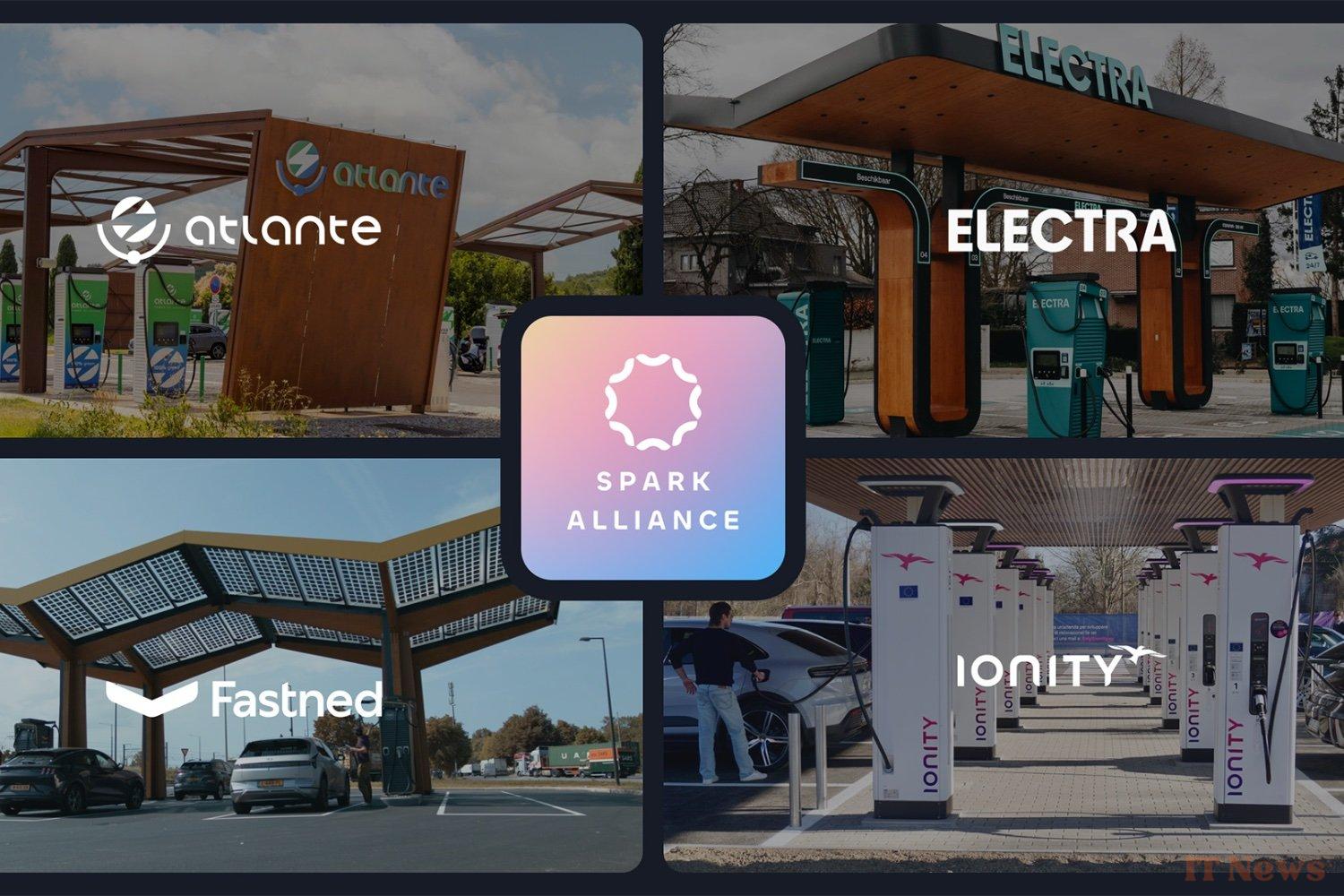Announced in early April in Paris, the Spark Alliance aims to make life easier for electric car drivers. It brings together four major players in fast charging – Electra (France), Ionity (Germany), Fastned (Netherlands), and Atlante (Italy) – to form a joint network of 1,700 stations and 11,000 charging points, spread across 25 European countries. This allows The alliance aims to overtake Tesla in the number of stations, even if the American giant retains the advantage in the total number of terminals (18,000 against 11,000).
An XXL network, but operators still independent
But beware of hype: this is neither a merger nor even an economic grouping. "Each network will keep its stations and logos," Michiel Langezaal, CEO of Fastned, told Challenges. The four companies remain competitors and independent. The Spark Alliance is closer to an alliance like the Star Alliance in aviation than to an integrated company.
The stated objective is to offer a more seamless charging experience. Starting in June, members' mobile apps will be interoperable. In concrete terms, a user will be able to start charging at Fastned via the Electra app, or pay at Atlante using the Ionity interface. The "plug & charge" function will also be extended: if the vehicle is registered with one of the operators, it will be able to recharge automatically at any terminal in the alliance.
Despite the attractive image of cooperation, the immediate benefits for motorists remain limited. Preferential rates are not shared between members. An Electra subscriber will therefore pay the full price with Ionity, and vice versa. A joint subscription is being discussed for September, but nothing has been confirmed yet. For users of interoperability badges or those who pay by credit card, nothing changes either.
This status quo is explained by the different origins of the partners. Atlante, Fastned and Electra are independent companies specializing in charging, while Ionity is a consortium supported by several car manufacturers. "It took nine months to set up the agreement," underlines Aurélien de Meaux, CEO of Electra, who mentions long and complex negotiations between lawyers.
The final push came from Jeroen van Tilburg, appointed to at the helm of Ionity in 2024, after stints at Tesla and Netflix. He hopes the alliance will become a quality label, guaranteeing fast and reliable charging across Europe.
Behind this unprecedented cooperation lies a tense economic reality. All members of the Spark Alliance are still loss-making. "We will be profitable... one day!," quips Stefano Terranova, CEO of Atlante. The charging market suffers from a lack of profitability linked to high investments and a still too low number of electric vehicles in circulation.
The alliance is therefore also a way to consolidate strengths. The networks of the four members are considered "very complementary," with little duplication. In addition, all use the same charging station supplier, Alpitronic. This grouping could therefore carry more weight during public calls for tenders or to obtain better conditions from industrial partners.
It remains to be seen whether this cooperation will last in the long term, and whether it will succeed in attracting other players in the sector. For the founders of Spark Alliance, this is just the beginning: they want to integrate other operators and lay the foundations for a common standard to accelerate the adoption of electric vehicles in Europe.



0 Comments